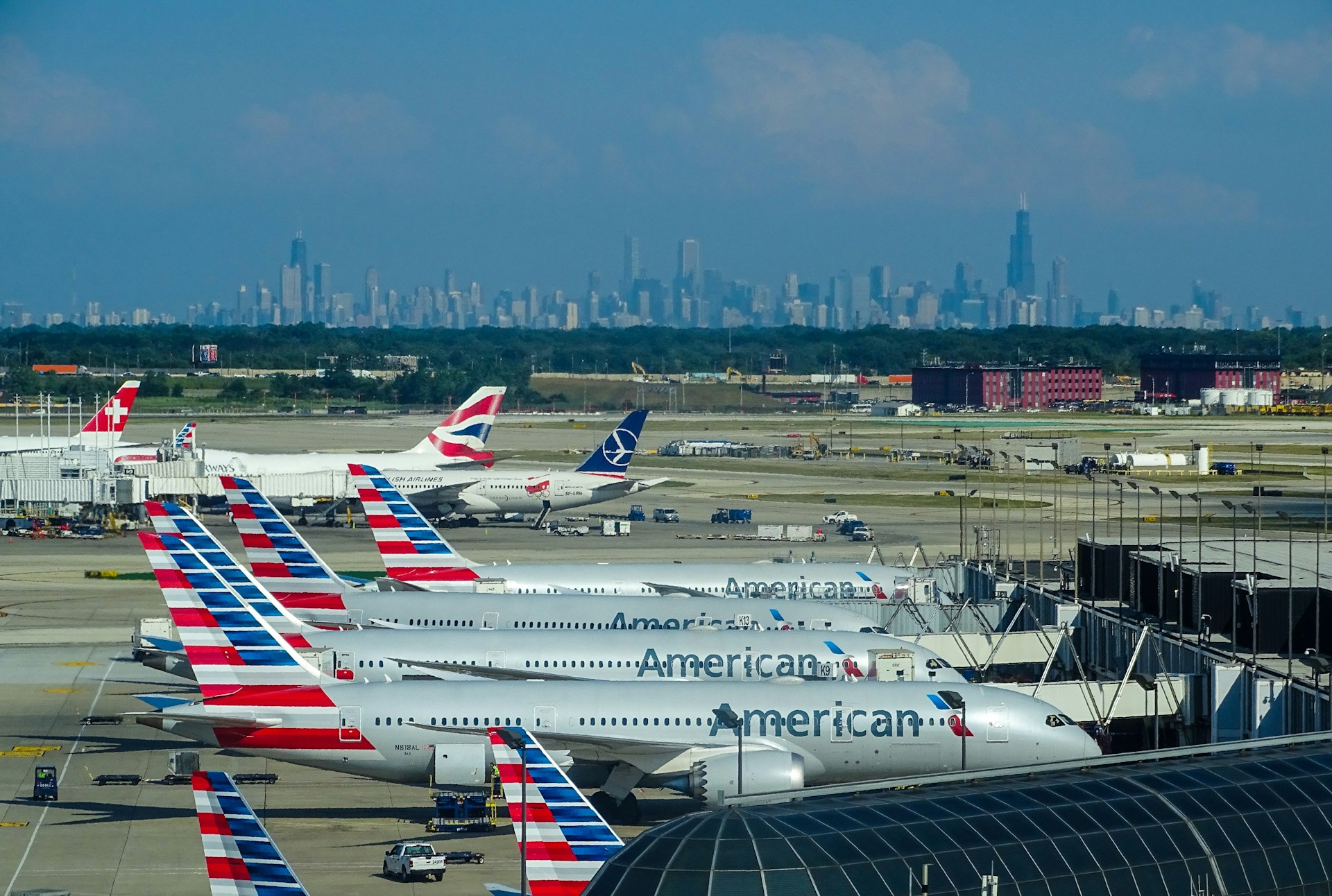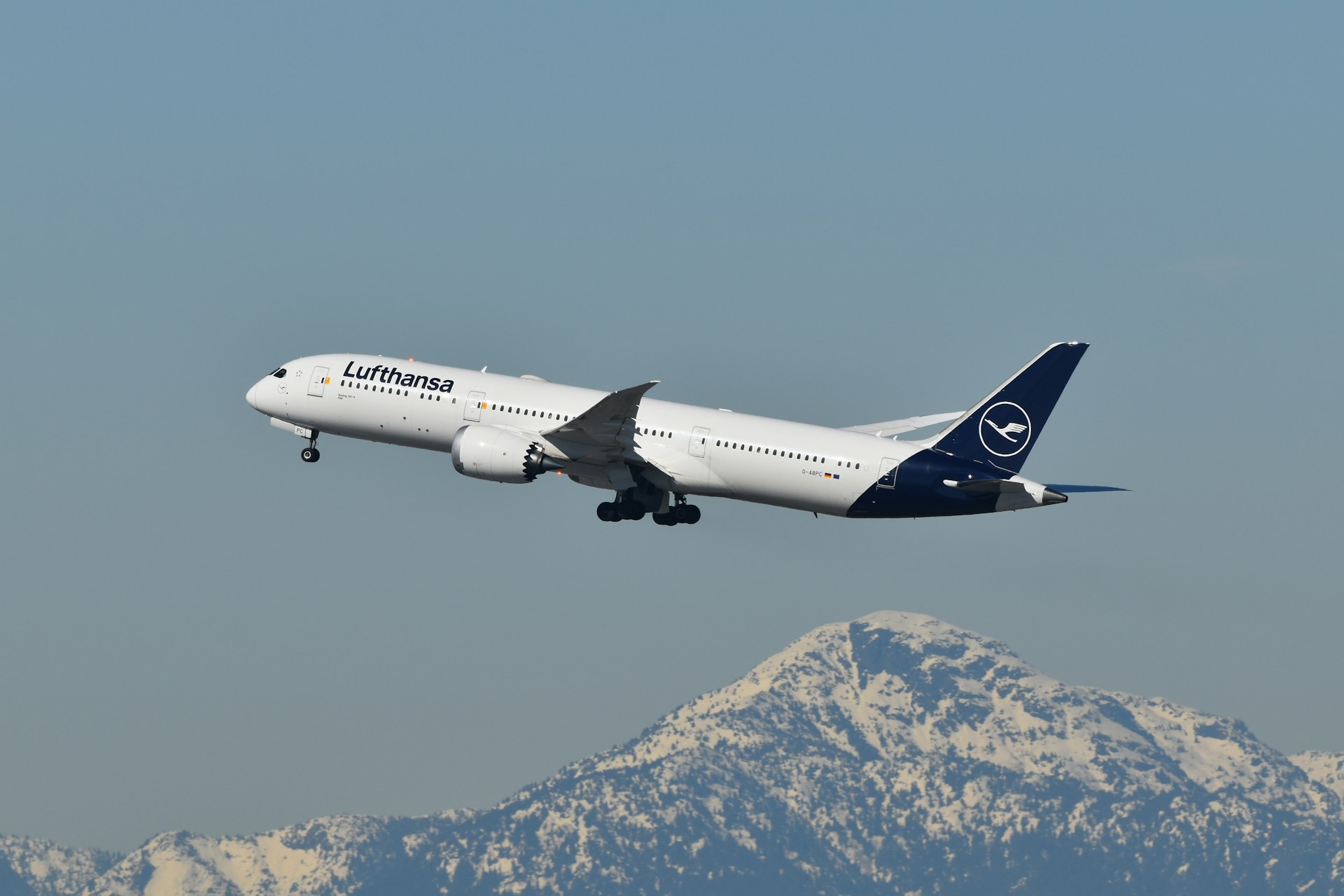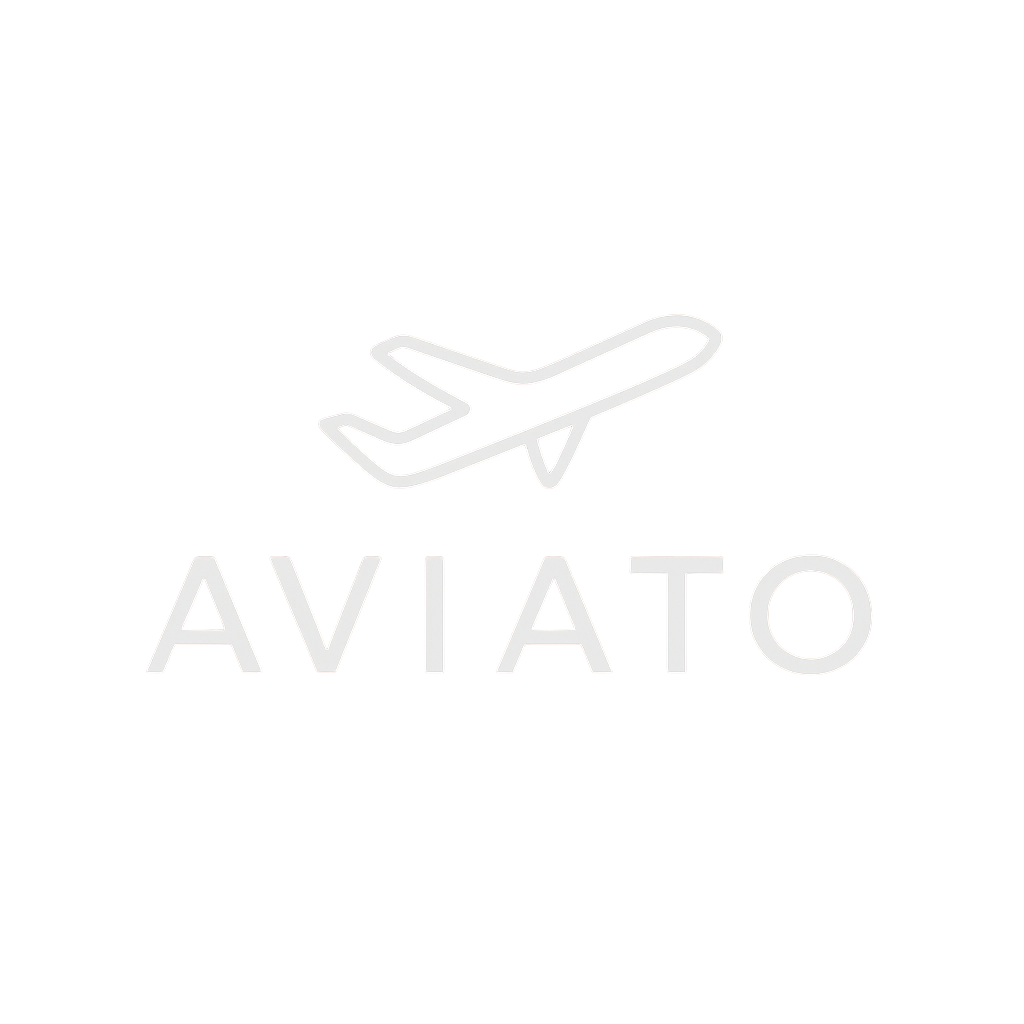American Airlines to Pay $11 Million Settlement Over In-Flight Medical Emergency
Key Takeaways
- American Airlines has agreed to pay $11 million to a passenger who suffered two strokes mid-flight after the crew failed to divert for emergency medical care.
- The case exposes gaps in airline medical emergency response protocols and highlights the high stakes of decision-making at 30,000 feet.
- Airlines face growing legal and regulatory scrutiny over their duty of care toward passengers experiencing serious medical events.
- The ruling underscores the need for improved crew medical training and structured diversion protocols.
- Other airlines may now review and strengthen their medical emergency procedures to avoid similar liability.
- The settlement reinforces passenger rights and airline accountability in life-threatening in-flight situations.
Landmark Settlement Sends Shockwaves Through Aviation
American Airlines has agreed to a $11 million settlement with a passenger who suffered two strokes during a flight after the airline allegedly failed to divert for urgent medical care. The case is being described as one of the most significant legal rulings related to in-flight medical emergencies, setting a precedent for airline liability in similar situations.
The settlement not only carries financial implications but also raises pressing questions about the adequacy of medical response procedures on commercial flights. It highlights the delicate balance flight crews face when making diversion decisions, weighing operational costs, passenger safety, and the availability of medical facilities.
The Cost of Misjudging a Medical Emergency
Flight diversions are costly, often ranging between $15,000 and $200,000 depending on fuel, crew rescheduling, and passenger accommodations. But this case demonstrates that the cost of not diverting can be far higher, both in terms of financial penalties and reputational damage.
American Airlines’ decision not to divert has been scrutinized for falling short of industry standards. Aviation experts note that airlines typically rely on real-time ground-based medical advisory services, but in this instance, decision-making protocols appear to have failed, leading to catastrophic consequences for the passenger.
Implications for Airline Medical Protocols
The ruling sends a clear warning to airlines: passenger health and safety must take precedence over operational concerns. Aviation regulators may now push for stricter mandatory guidelines governing medical emergency responses.
Key areas under review across the industry include:
- Crew training in recognizing serious medical conditions such as strokes and heart attacks.
- Clearer diversion protocols, emphasizing rapid decision-making.
- Enhanced communication with ground-based medical professionals during emergencies.
- Expanded onboard medical equipment, beyond the current requirements of AEDs, first aid kits, and emergency medical kits.
A Broader Industry Reckoning
This settlement could spark a wave of policy reviews and training investments across global carriers. With passenger traffic returning to pre-pandemic levels, airlines cannot afford to neglect medical preparedness.
Legal experts suggest this case may embolden passengers to pursue litigation when medical emergencies are mishandled, potentially reshaping the standards by which courts evaluate airline duty of care.
Passenger Guidance: Preparing for Medical Emergencies
For travelers, the case underscores the importance of preparation:
- Carry all necessary medications in accessible carry-on baggage.
- Inform airlines of pre-existing medical conditions at the time of booking.
- Consider travel insurance that covers medical emergencies.
- Keep emergency contacts accessible and share them with companions.
While airlines carry basic medical equipment, passengers with serious conditions should consult their physicians before long-haul flights.
FAQs
What triggered the $11 million settlement?
American Airlines settled after a passenger suffered two strokes during a flight, with the crew failing to divert for emergency medical care.
Are airlines legally required to divert flights during medical emergencies?
Not always. Airlines must provide “reasonable care” given the circumstances, but courts increasingly scrutinize cases where passenger health was deprioritized.
How much does a diversion typically cost an airline?
Anywhere from $15,000 to $200,000, depending on aircraft type, fuel costs, and airport logistics.
What medical equipment is onboard most flights?
Commercial aircraft typically carry automated external defibrillators (AEDs), first aid kits, and enhanced medical kits. Flight attendants receive emergency training, though they are not licensed medical professionals.
Does this ruling affect other airlines?
Yes. While specific to American Airlines, the case sets a legal and industry precedent that will likely push carriers worldwide to review and improve their medical emergency protocols.
Can passengers sue airlines for poor medical response?
Yes, if they can demonstrate that the airline failed to provide adequate care under the circumstances. Courts evaluate whether reasonable diversion or medical action should have been taken.
✈️ Bottom Line: The $11 million settlement against American Airlines underscores the legal, financial, and human costs of failing to act decisively during in-flight medical emergencies. Airlines worldwide may now face mounting pressure to invest in crew training, stronger diversion protocols, and improved medical preparedness to safeguard both passengers and their own liability.
.zip%20-%201.PNG)



